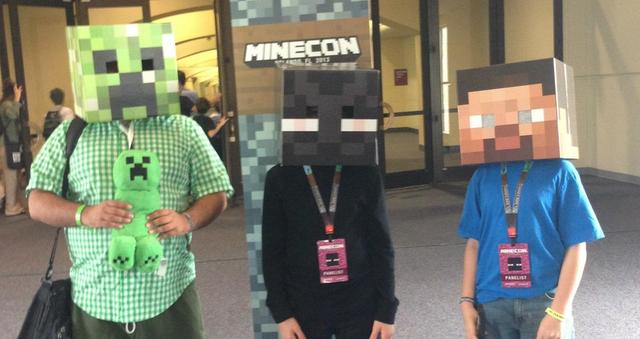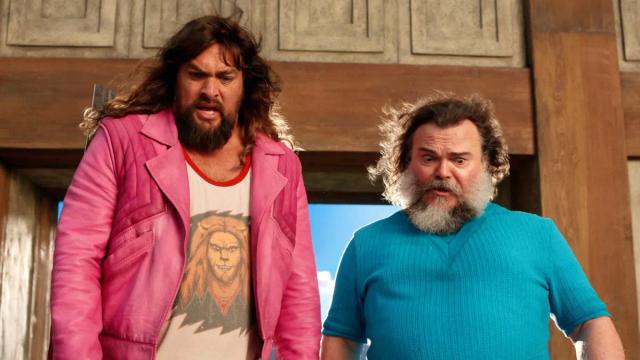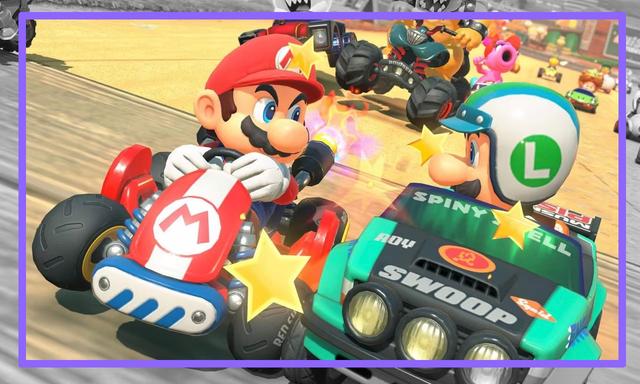If you click on a link and make a purchase we may receive a small commission. Read our editorial policy.
Pixar's Ratatouille, the state of media journalism, and why I'm a critic
Ratatouille makes an excellent argument about the wonders of creation, but chooses a poor villain in criticism

Popverse's top stories of the day
- WATCH NOW: The gentleman villain Mads Mikkelsen tells us how he balances being charming and despicable in our favorite movies & TV series
- DC Comics loses its long-time publicity manager Michael Shelling
- MEMBERS ONLY: Popverse Picks: Best underdog characters like Cassian Andor in Star Wars
Ratatouille is one of my favorite movies. At the same time, I have very conflicted feelings about how the movie portrays criticism - perhaps because I am, myself, a critic. Though the use of criticism (and a critic villain) works excellently within the structure of the film, food critic Anton Ego's iconic review (which is really a statement about art itself) completely misunderstands the art of criticism in a way that, as paid positions for media critics are disappearing left and right, feels more important to challenge now than ever.
For those who aren't familiar with the Pixar masterpiece that is Ratatouille, the animated film stars Remy, a rat who wants to be a chef, and a young cook who, through the animated magic of hair pulling, allows himself to be controlled by said rat to cook amazing dishes that wow everyone in his life. The enemies of the movie are a businessman who is trying to usethe brand of a deceased beloved chef to sell bad food for cheap, a health inspector (for obvious reasons), and Anton Ego, the stuck up food critic, whose typewriter resembles a skull and whose poison pen can close a restaurant.

In the movie's highest stakes moment, Anton Ego is served a humble dish of ratatouille prepared by our rat chef Remy. Ego sits at the restaurant table, with his pen in hand and a fork in the other. He takes a bite. Through the power of art, that one bite launches him directly back to childhood, eating the very same dish as prepared by his own mother. Ego startles, drops his pen to the floor, and abandons it to wolf down the rest of the food in a moment of pure enjoyment. The moment inspires this review:
"In many ways, the work of a critic is easy. We risk very little, yet enjoy a position over those who offer up their work and their selves to our judgment. We thrive on negative criticism, which is fun to write and to read. But the bitter truth we critics must face, is that in the grand scheme of things, the average piece of junk is probably more meaningful than our criticism designating it so. But there are times when a critic truly risks something, and that is in the discovery and defense of the new. The world is often unkind to new talent, new creations. The new needs friends... In the past, I have made no secret of my disdain for Chef Gusteau's famous motto, 'Anyone can cook.' But I realize, only now do I truly understand what he meant. Not everyone can become a great artist; but a great artist can come from anywhere."

It's a great character moment in a great movie, and, in a way, it's a little unfair to judge Ratatouille for a strawman villain in a movie where a health inspector is also an antagonist. But health inspectors (hopefully) aren't having their jobs disappear, and no one, in real life really wants a rat cooking their food. However, many do believe that a critic's work is meaningless. So what does Anton Ego's review say about the role of critics and the purpose of criticism? Is criticism really only daring when it champions new work?
Over the last couple weeks, we've seen the Eisner Awards pull their category for comics journalism as well as the merging of Pitchfork's staff into GQ's staff and the subsequent layoff of half of Pitchfork's staff. Mixed among the comments around the topic are a lot of people (some of them professionals in their industry) arguing, in the light of this news, that the journalism isn't any good, that critics are all gatekeepers and snobs, that the work done by comics and music journalists and critics has no real merit in this digital world.
In this particular moment, Ratatouille's denigrating of criticism seems less easy to brush off, as it seems to illustrate a problem which is facing many professional critics and the reputation of criticism and journalism itself. While I understand what Ego says about critics thriving on negative criticism (some do), the idea that "the average piece of junk is probably more meangful than our criticism designating it so" seems to entwine the idea of criticising with criticism, when they are not at all the same. It is a case of false equivalence to compare a work of criticism with the work of art in question - they are created in different forms and aiming for different goals.
A piece of journalism about the delays in a film is not trying to compete with the film; it's providing context around the creation of it. A review (even a bad one) isn't trying to steal a comic's spotlight; it's providing a (hopefully) trusted opinion to a potential audience. Oftentimes, when people are denigrating the work of critics, it's because they consider the work to be inherently negative and inherently predatory. They confuse, as Ratatouille does, saying something mean with writing criticism. But at the end of the day, though I may be biased in saying this - I think that criticism is essential to any thriving art form - not, as many people say, because artists need critics to grow (that's what editors are for), but because any serious art and art form merits discussion on said art and how it works (or doesn't). And that is what criticism, at its most basic level, does.

This work is done, often thanklessly and against a massive wave valuing generalist opinion over trained opinion. While the advent of the social internet has broken down walls for many critics who would not have had careers before (including me), it has also seemed to level the playing field so much as to argue that everyone's opinion is equally worthy, no matter how poorly researched, argued, or lacking of context.
In a world where it seems that so many readers want criticism to exist only for it to share their opinions, and published criticism is starting to be overrun by coverage that feels more like free PR in exchange for access, at the end of the day, sitting down and putting in the practice and study to be a good critic is a massive task. It takes time and effort to become (and continue to work as) a good critic, and now that spaces for criticism are disappearing, we are at risk of losing voices that can enrich the way we think about the art around us.
Anton Ego says that critics risk little - this is categorically untrue. Criticism has become a harrowing career for anyone without outside financial support. The jobs are disappearing, the pay - when it exists - is laughable. So why do people do it? Most critics do it because they have a deep interest in the art forms that they cover. They believe in these works enough to either, in the case of reviews, try to draw attention to good work and away from bad work, or, in the case of other forms of criticism, try to address how these works function and exist in the context of our moment.
In a way, Ego's quote "Not everyone can become a great artist; but a great artist can come from anywhere" seems to contradict his review's flat take on the art of criticism. Maybe not every piece of criticism is a great work of art, but to propose that great art can't be found in the realms of the critic feels, bizarrely enough, against the spirit of Ratatouille.
The Eisner Awards never figured out how to recognize journalism, and now it's given up
Follow Popverse for upcoming event coverage and news
Find out how we conduct our review by reading our review policy
Let Popverse be your tour guide through the wilderness of pop culture
Sign in and let us help you find your new favorite thing.
















Comments
Want to join the discussion? Please activate your account first.
Visit Reedpop ID if you need to resend the confirmation email.